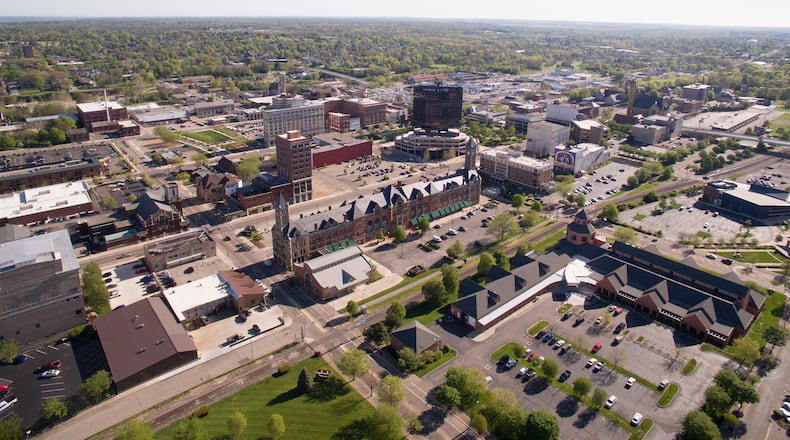The application process for nonprofits wishing to partner with the city began late last month, and the deadline is Friday.
The city will choose one to partner with for the acquisition and associated costs, as well as necessary renovations, of a facility that will be converted to a center for homeless services. Grant funding may be provided to the nonprofit.
The money could come from a mixture of state and federal grants, according to Jackie Sudhoff, the grant manager for Springfield’s financial department.
City officials estimate it would take about $2 million to create more non-congregant shelters in Springfield.
“We are hoping to convert a previously used building for that process to happen relatively quickly. The partner we choose would play the role of owner and operator of the shelter,” Sudhoff said.
Sudhoff said that the city is pursing this as a response to an uptick in homelessness seen last year. This project will also replace a previous plan that aimed to convert part of a former army reserve base in the city into a semi-congregant shelter.
City officials had trouble getting that project started as they ran into issues regarding the conversion of the former Downs Army Reserve Center.
The focus on creating new non-congregant shelter comes as some homeless shelters that the city relied on in the past remain close due to the pandemic.
In the meantime, nonprofits working with the city, such as Interfaith Hospitality Network, have been housing individuals in non-congregant emergency shelter such as hotel and motel rooms.
Demand for those services increased starting last March as the state saw the immediate economic impacts of the pandemic and responses to it. That lead to the use of waitlist for emergency shelter services in Clark County for the first time in over a decade.
Interfaith has not reopened its two congregant shelters in the county. Another organization that works with the city, Project Women, has kept its shelter open but has implemented safety measures amid the pandemic.
Sudhoff said they are continuing to see that demand for emergency shelter carry over into this year.
She said they are early on in the process of creating more emergency shelter. How many rooms it would provide and the amount of funding going towards it depends on applications submitted by nonprofits.
The timeline of the project has not been determined yet as well.
Those interested in learning more about the application process can contact Sudhoff at jsudhoff@springfieldohio.gov or by calling 937-328-3480.
About the Author

